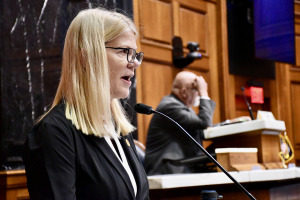
Amazon to raise seller fees for holidays amid rising costs
It’s the second fee hike imposed on merchants this year by the online retail behemoth. In April, the company added a 5% “fuel and inflation” surcharge to offset rising gas costs and inflation.

